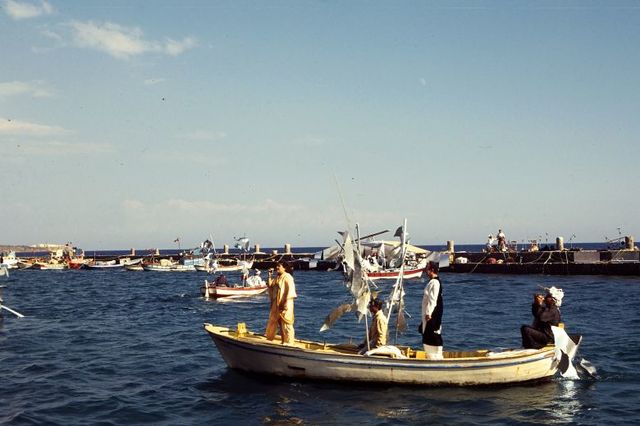
The 1990s marked a period of political and economic instability in Turkey; there were eleven coalition governments in ten years, the 1994 currency crisis and the “austerity policies” that followed, as well as an increasing number of unsolved case files and political scandals, which hit the country hard. Even so, the decade’s legacy is not limited to these dark events; the ground for the struggles for rights that would thrive in the 2000s was set in the 90s. Pop culture enjoyed an unprecedented rise with the help of private television and music channels opening one after the other. Election campaigns started to use Turkish pop hits that filled the streets and public squares. After the burden of the 1980 Turkish coup d’état dissipated and with the fall of the Iron Curtain in 1989, Turkey settled on a new line of cultural and economic circulation. Meanwhile, in the backdrop, a period of dynamism that contrasts with this darkness began in Istanbul, where the boundaries of freedom were constantly being expanded in the fields of culture, art, performance and entertainment.
The 1990s was also a time when the concept of “interdisciplinary” came to the fore in Turkey’s art scene. Here, as in every corner of the world, the medium of performance offered artists looking for contemporary forms of expression a way out or escape from discipline(s) with defined boundaries. As ambiguous as its definitions are, performance, by its nature, notes an artistic practice that is experimental and immediate, far from obedient and conservative. The tie between the stage and performance, on the other hand, relies on a mutual dependence: as the stage opens towards life, the performance widens its horizon, and as performance expands into new mediums the stage exceeds art. While the stage in 1990s Turkey made its way into every corner of social life by gradually expanding its field through a variety of programs on television, 900 hotlines, and phone fraud cases, performance unexpectedly infiltrated the streets and living rooms.
The 90s Onstage uses the notion of performance as a key point of inquiry into the decade in question, opening multiple avenues for critical interpretation in relation to the history of the arts, culture, and entertainment in Turkey. It assembles an archive of materials related to the events that highlight performances as well as individual works. Gathered under the same canopy of investigation are photographs, objects, video recordings, sketches, and mock-ups in addition to correspondences, posters, and brochures from select events. Featuring a variety of production styles ranging from live performances to video clips and TV programs, the exhibition spans the years from 1988 to 1999 and extends into the early 2000s. It traces the intersection of a diverse range of performances that gained an increasing visibility in parks, bars, historical landmarks, abandoned sites, and off-the-beaten path, exploring unexpected connections that contribute to a broader understanding of the “stage”. In this context, the stage turns into an interface for creating short or long-lasting communities.
Examining the practice of performance in relation to society, economy, the street and politics, The 90s Onstage presents a potpourri of cultural history while addressing the collective initiatives of artists and designers.
The 90s Onstage is organized as part of L’Internationale’s Our Many Europes program. Further information on the exhibition and accompanying public programs will be announced at saltonline.org and Salt’s social media channels.